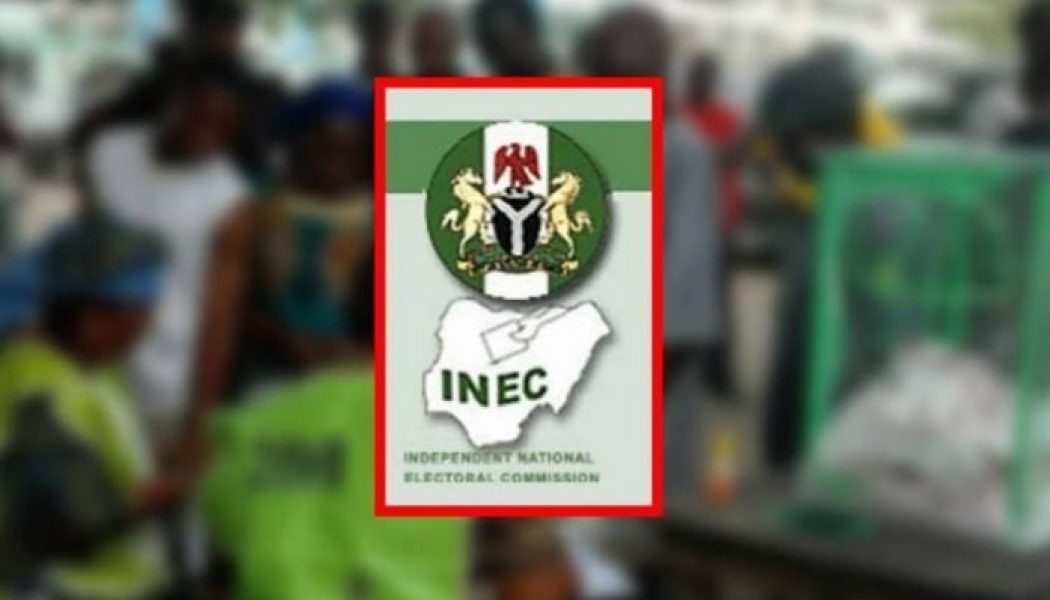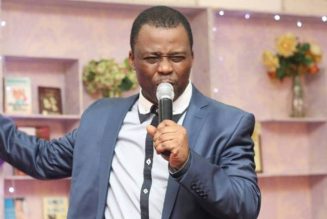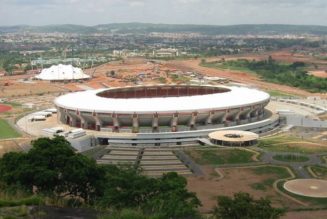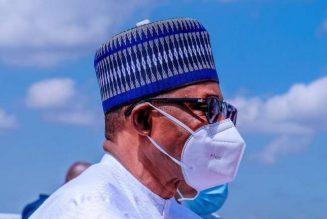
The Independent National Electoral Commission (INEC) has confessed that the deployment of technology in the electoral process especially during the 2019 general elections came with challenges.
The Commission made the disclosure in the review of the 2019 general elections, a report of the Commission’s retreats and stakeholder engagement, presented during a press briefing in Abuja on Friday.
INEC also claimed in the review that the delay in investigation and transmission of case files to the Commission for further action by the police has hindered the successful prosecution of electoral offenders.
Making recommendation on ICT, SCRs, DDCMs, CVR and Internet services, the Commission noted: “The growing use of technology in the planning of elections became a feature in our elections with the introduction of MRI in the voter registration process in 2006.
“Since then, INEC has increasingly deployed technology to address some of the key challenges in the management of electoral processes. However, the deployment of technology in electoral process is not without its challenges,” INEC noted.
Enumerating some of the challenges, the Commission wrote: “Design, development and deployment of a compact, more versatile system and integrated equipment with improved connectivity that can perform current functions of the DDCMs and SCRs for vote enrolment (registration) and accreditation (verification and authentication).
“We will carry out voter fingerprint forensic analysis to identify poor quality fingerprint for recapture and update. Device a mechanism to revalidate all registered voters and integrating their fingerprint data into the national voter registration database to eliminate the concept of partial accreditations.
“Upgrade the fingerprint identification software to allow the assignment of voters fingerprint templates and data to a specific PU in order to compare the live and captured fingerprint scan during accreditation,” the Commission noted.
On the impact of legal framework on the election, the Commission revealed that some of the challenges it encountered during the 2019 general elections was that the large number of political parties led to an avalanche of pre and post election litigations.
“Large ballot papers and result sheets due to the number of candidates made their management difficult and occasioned errors during entry and computation of election results figures.
The failure of political parties to adhere to election regulations and guidelines issued by the Commission was identified as a major challenge.
“The power to arrest and investigate electoral offenders is vested in the Nigeria Police while the Commission is empowered to prosecute electoral offenders using legal officers or any legal practitioner engaged by it.
“It is clearly constrained in discharging this huge and complex responsibility. In fact, long after the conclusion of the 2019 general elections, only a few case files have been received by the Commission from the police for prosecution.
“Incessant transfer of IPOs who are vital witnesses in the prosecution of electoral offenders affects diligent prosecution which leads to several adjournments that end up frustrating their prosecution.
“The delay in investigation and transmission of case files to the Commission for further action by the police has hindered the successful prosecution of electoral offenders and touched on the several recommendations made by Constitutional Review Committees which need to revisited urgent,” the Commission noted.
Speaking during the presentation of the report, INEC Chairman, Prof Mahmood Yakubu said: “The strength of any public institution lies in its ability to ask critical questions, review its processes, strengthen its procedures for better service delivery and engage with stakeholders.
“It is my fervent hope that making the two reports public will promote a better understanding of the issues and challenges associated with the conduct of the 2019 General Election and serve as important resource materials for research and the promotion of a broader national discourse on the necessary reforms required for the continued delivery of peaceful, free, fair, credible, inclusive and safe elections in Nigeria.
“I want to assure all Nigerians that the hard copies of the two reports will be widely disseminated while soft copies will be uploaded on our website on Monday next week,” he said.










